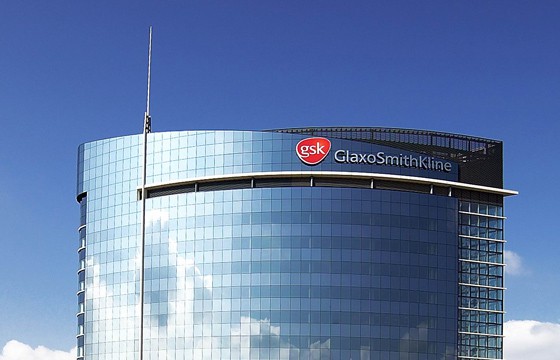
GlaxoSmithKline has fleshed out the details of its restructuring programme, including a two-year timeframe for the spin-off of its consumer health joint venture with Pfizer as it steps up its spend on R&D.
Another new development is a review of its prescription dermatology business – which contributed just £450m to GSK’s £33.8bn (almost $44bn) sales last year – could also be divested to help fund the push to develop and launch new products.
The move ties in with an established trend among big pharma companies like Pfizer and AstraZeneca as well as Merck & Co, which has just announced its intention to spin off its slower-growing, mature products into a standalone company focusing on generics and women’s health products.
The rationale is to concentrate efforts on new, more profitable products, raising margins by getting rid of the ‘long tail’ of older less profitable lines. The trade-off of course is the loss of revenue and cash flow that those older products provide.
GSK finalised the consumer health JV with Pfizer last year, and now says it plans to split it into a separate company in 2022 as it transitions to “a biopharma company with an R&D approach focused on science related to the immune system, use of genetics and new technologies”.
It reckons the split will cost around £2.4bn over the next two years, with savings of around £700m offsetting that total. Around £1.6bn of the total will be in cash and will be funded from divestments, said the company.
GSK’s chief executive Emma Walmsley (pictured right) reiterated yesterday on a conference call that GSK’s “first priority remains… to invest in R&D and future growth drivers”, adding that the spin-off would “reset the capabilities and cost base of both companies”.
She said it was encouraging that in the year that generic competition really bit hard into sales of GSK’s longstanding respiratory blockbuster Advair/Seretide (fluticasone propionate/salmeterol), the group was able to post sales growth of 8% in constant exchange rate terms or 4% on a pro forma basis for 2019 as a whole.
Looking at the fourth quarter numbers, pharma sales slumped 5% to £4.6bn, but there was an encouraging 18% gain for vaccines to £1.74bn thanks to strong growth for Shingrix, its shingles product.
Consumer health sales were flat on a pro forma basis but grew 35% to £2.57bn thanks to the JV with Pfizer.
HIV sales through the ViiV Healthcare joint venture showed signs of weakness, as Tivicay (dolutegravir) continued to decline in the face of strong competition from Gilead Sciences, particularly its fast-growing Biktarvy (bictegravir, emtricitabine, and tenofovir alafenamide) product.
There was an acceleration in sales of ViiV’s new two-drug combinations Juluca (dolutegravir/rilpivirine) and Dovato (dolutegravir/lamivudine) however, which GSK sees as the main weapon in its arsenal in the coming years as it jostles for market share with Gilead.




